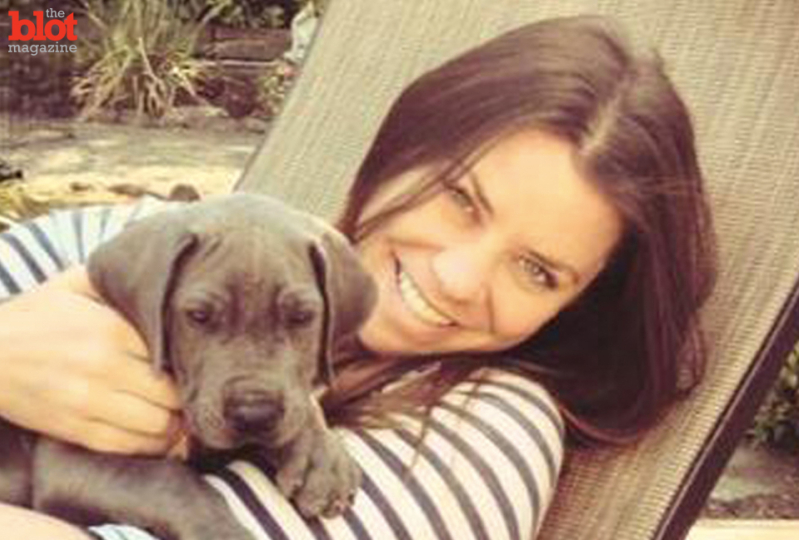
The mother of a young California woman with inoperable brain cancer who wanted to end her life went to Sacramento to persuade state lawmakers to pass legislation to allow people the "right to die" legally.
According to Fenit Nirappil of the Associated Press, Brittany Maynard, a 29-year-old woman from the San Francisco Bay Area who was diagnosed with brain cancer, moved to Oregon to end her life on Nov. 1, 2014. Her mother, Debbie Ziegler, wanted the state to allow its residents to have the option to access life-ending drugs.
"Most Californians would not be able to do what we did," Ziegler said. "They couldn't leave their homes; they couldn't leave their jobs; they couldn't leave their families, their friends, their pets. We had to do all of that. It added another layer of pain."
The bill that Ziegler wants California lawmakers to pass would allow the state's terminally ill patients to kill themselves "with drugs and doses recommended by a doctor," the Associated Press reported.
The Associated Press reported that the right-to-die practice for terminally ill patients, also known as aid-in-dying, is legal in five states, including Oregon, where Maynard took her own life. She talked with CBS News in mid-October, a few weeks before she died, to make her case.
"I don't want to die," Maynard said. "If anyone wants to hand me, like, a magical cure and save my life so that I can have children with my husband, you know, I will take them up on it."
CBS News reported that she suffered from a fast-moving and inoperable form of brain cancer. Maynard insisted that her decision was different from committing suicide.
"No, cancer is ending my life," Maynard said. "I am choosing to end it a little sooner and in a lot less pain and suffering."
The Associated Press reported that end-of-life topics have led to volatile debates in the California Assembly. An unrelated bill authored by Assemblywoman Susan Eggman, D-Stockton, would have "required doctors to discuss palliative and hospice care with gravely ill patients"; after an emotional and lengthy debate, the bill passed.
"It's personal for people, people argue it from their heart," Eggman, a co-author of the newest right-to-die measure known as SB128, said. "Everybody should have the ability at the end of their life to have as much say-so over what they want to happen as possible."
According to the Associated Press, similar aid-in-dying laws are being considered in New York and Colorado and have been introduced in Pennsylvania, Wyoming and Washington, D.C. However, previous proposals that focused on the "right to die" have faced stiff opposition in the past from various groups.
"Opponents say some patients may feel pressured to end their lives if doctors are allowed to prescribe fatal medication," CBS News wrote. "Religious groups have condemned aid-in-dying legislation as against God's will."
The Associated Press added that some medical groups opposed the proposal, arguing that prescribing life-ending medication violates a doctor's oath to do no harm. Lawmakers in California expect the proposed legislation to face a tough fight led by medical and religious groups.
"Legalizing assisted suicide is a deadly mix with our broken cost driven cost system," Marilyn Golden, policy analyst for the Disability Rights Education & Defense Fund, said. "You have to consider all the people who can be harmed, not just a small number of people who may be helped."
California Medical Association spokesperson Molly Weedn told CBS News that her group will review the bill first before taking a position. However, her group had longstanding "opposition to physician-assisted suicide because it is fundamentally incompatible with the physician's role as a healer."
According to CBS News, California previously failed to pass right-to-die legislation in 2005 and 2006 thanks to objections from Catholic and medical groups.







